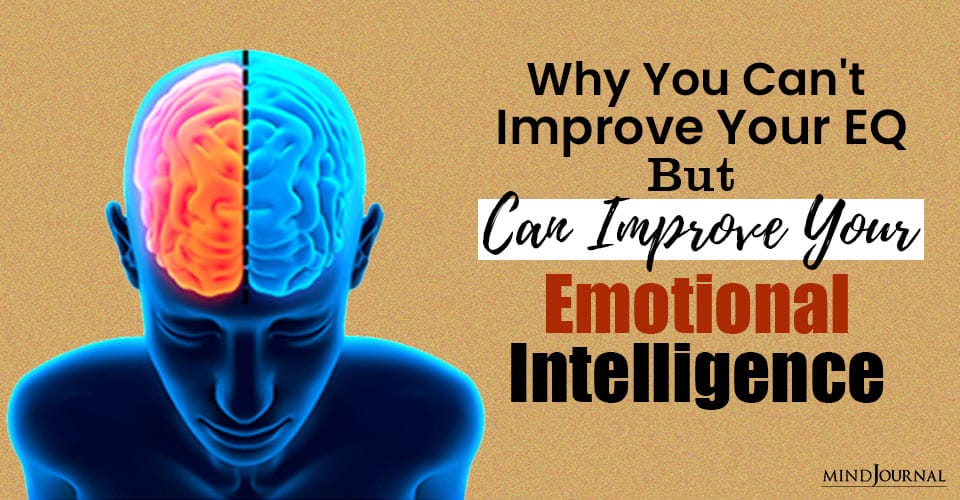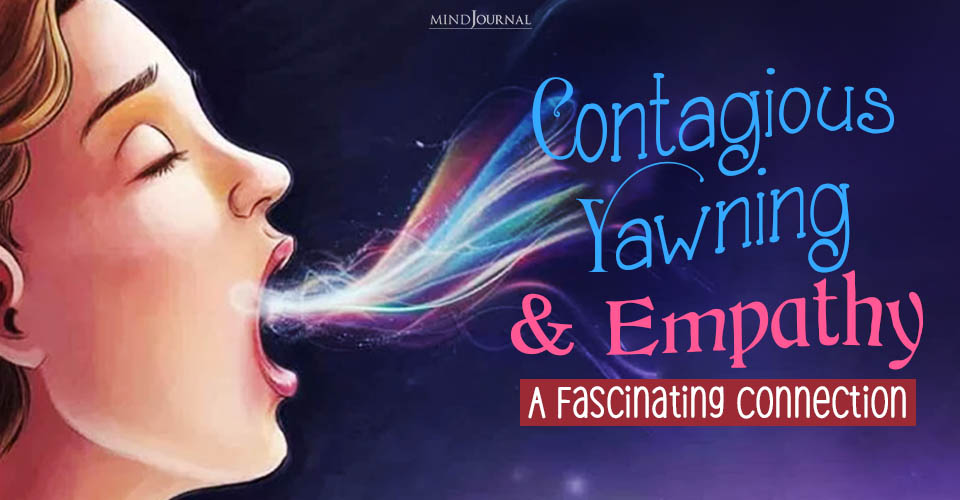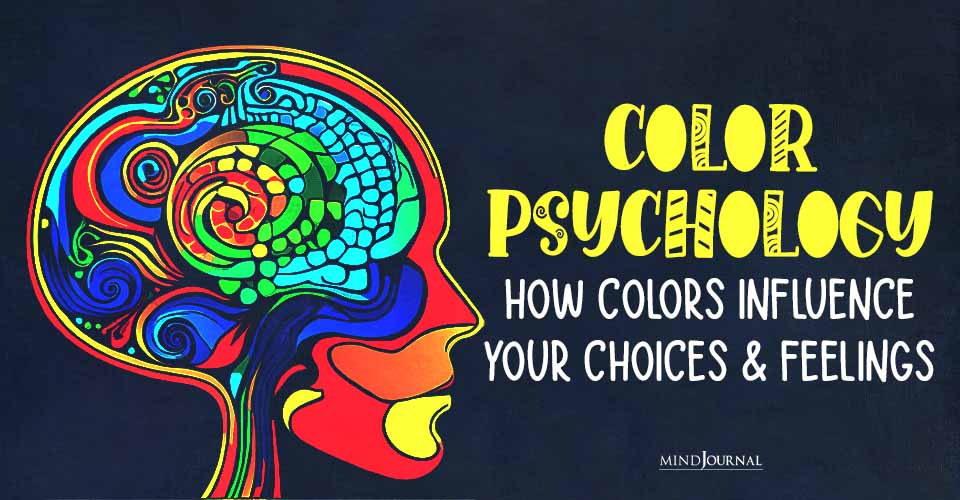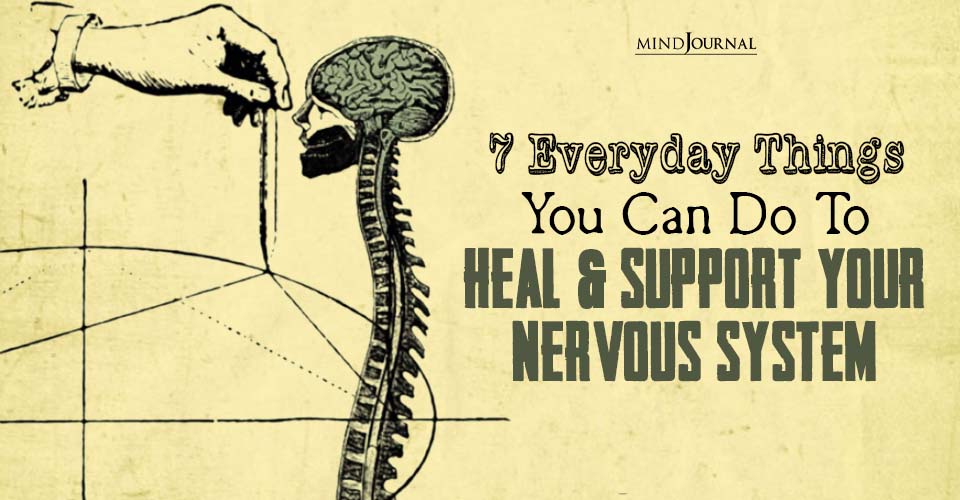Do you think you understand how to improve your Emotional Intelligence? Let me share with you that this is simply not possible. Here’s the science.
The term first appeared in a research paper published in 1964 by Michael Beldoch and then in the 1966 paper by B. Leuner entitled “Emotional intelligence and Emancipation.” Wayne Payne’s doctoral thesis, which was called “A Study of Emotion: Developing Emotional Intelligence,” was completed in 1985. The term EQ (Emotional Quotient) appeared in a 1987 article by Keith Beasley in the British Mensa magazine.
Peter Salovey and John D. Mayer, however, are most often referred to as having coined the term ‘Emotional Intelligence,’ in 1990. They proposed an ability to become more aware of our own and others’ feelings. This was taken to the public by Daniel Goleman and made into a household term in his book by the same name in 1995.
Emotional Intelligence
Emotional Intelligence (EI), Emotional Leadership (EL), Emotional Quotient (EQ), and Emotional Intelligence Quotient (EIQ) all refer to the ability to recognize emotions in ourselves and others, label them appropriately, and then to become skilled to change them. EQ is also closely linked to the concept of empathy.

In relation to others and their emotions, Paul Ekman’s research (1978) identified key emotions that are present across cultures: surprise, fear, disgust, anger, sadness, and happiness. From a neurological standpoint, it became apparent that emotion is the same across cultures. Fear is a primary emotion. The brain is designed to react to fear or threat very quickly so we avoid danger.
An emotion occurs when the amygdala stimulates the hypothalamus, and this initiates the fight-flight-freeze response. The hypothalamus signals the adrenal glands to produce epinephrine and this triggers a threat alarm in the brain. This neurological process is how the brain develops associations between certain situations. The brain is basically a fear factory. When we notice how we feel we have an opportunity to do something to make us feel better.
Read: 15 Enlightening TED Talks on Emotional Intelligence
Why can’t we improve our emotional intelligence?
The answer is in the difference between psychology and neurology. An emotion is a neurological reaction to an environmental trigger before the brain is even conscious. However, once we notice the neurophysiological change (such as an increase in heart rate, perspiration, or an increased breathing rate) we then have a feeling, a felt experience that follows this initial emotional trigger in the brain.
An emotion is like a trigger when the brain senses we are under threat. When the mind notices these changes, we then can have many different feelings.
With Dr. Yelena Akelina, a professor of micro-surgery at Columbia University, we worked with the model of Neurological EQ, to offer it as an online course. The idea of this course was to explain to our students that if we cannot really control that initial emotional trigger we can learn to control the feelings that follow.
During that course, we were amazed to notice how our students found it simple to see the difference between emotions and feelings.
Maybe it’s better to call it ‘feeling intelligence’ and not emotional intelligence?
This then explains why we cannot control or improve our emotional intelligence, but we can control our feeling intelligence.
Read: Do you possess high Emotional Intelligence/ EQ?
Neurological EQ (NEQ) proposes we cannot audit that emotional trigger in the brain, but we can become aware and change how we are feeling. Feelings are much more textured, they are more subtle. There is a dose-response to the volume or intensity of a feeling.
The DOSE model suggests key neurotransmitters associated with how emotional intelligence (or feeling intelligence) occurs can be understood with this acronym, DOSE: D is for dopamine, O for oxytocin, S for serotonin, and E for epinephrine.
These neurotransmitters influence our thoughts and our ability to control how we feel and behave. Dopamine is linked to emotional intelligence by increasing the motivation that is vital to improve or change your EQ. Exercise can cause a dopamine boost.
Then, there is oxytocin, which increases when we connect or bond with others. Mothers increase oxytocin when breastfeeding, or it can also increase in any situation where there is a connection with others. Gaining new social skills with others has a big impact on oxytocin production resulting in feeling connected and even calmer, which leads us onto S for serotonin.
Serotonin is an important neurotransmitter; when produced, it helps regulate mood and influences social behavior. There may be a link between serotonin and depression and there are several SSRIs (serotonin reuptake inhibitors) that are a kind of psychiatric drug. Serotonin can also be increased through training in emotional intelligence, and we can naturally regulate our mood.
Read: 9 Genuine Signs of Intelligence That People Can’t Fake
E is for epinephrine, which helps neurons to communicate better with one another. Epinephrine causes an alert state and to be motivated to take action. Motivation is a key marker of EQ and can enhance memory for emotionally arousing events.
Hopefully, you agree that the concept of emotional intelligence is directly linked to your brain’s function. Just as you can learn different things, you can learn to DOSE yourself with the right mix of these neurotransmitters. And as you can become more skilled in the application of EQ tools, you can change how you feel. This requires understanding the five parts of emotional intelligence by using the MARS model:
M is for Motivation, the most vital part. If you do not feel eager to improve your EQ, it simply will not happen. You need a boost of dopamine and epinephrine.
A is for Awareness, your ability to identify how you feel. You cannot change what you can’t observe.
R is for Regulation, being able to change the emotional reaction triggered in your amygdala. This is where the magic starts. Finding control.
S is for Social Awareness and Social Intelligence. Social Awareness is the ability to notice social nuances. Social Intelligence is how we manage relationships, show interest, empathy, and be supportive of others.
Your brain is always emotionally intelligent, trying to get you out of harm’s way. But how does your mind change your feelings? Remember the brain is triggered emotionally by a threat. Once you notice the change in your brain and body, then you can start to train your mind to improve your awareness and become more intelligent at managing how your feelings show up.
References
- Sambataro F, Dimalta S, Di Giorgio A, Taurisano P, Blasi G, Scarabino T, et al. Preferential responses in amygdala and insula during presentation of facial contempt and disgust. Eur J Neurosci. 2006;24(8):2355–62. Epub 2006/10/18. pmid:17042790. View ArticlePubMed/NCBIGoogle Scholar
- Coccaro EF, McCloskey MS, Fitzgerald DA, Phan KL. Amygdala and orbitofrontal reactivity to social threat in individuals with impulsive aggression. Biological psychiatry. 2007;62(2):168–78. Epub 2007/01/11. pmid:17210136. View ArticlePubMed/NCBIGoogle Scholar
- Rudebeck PH, Bannerman DM, Rushworth MF. The contribution of distinct subregions of the ventromedial frontal cortex to emotion, social behavior, and decision making. Cognitive, affective & behavioral neuroscience. 2008;8(4):485–97. Epub 2008/11/27. pmid:19033243. View ArticlePubMed/NCBIGoogle Scholar
Written by: Justin James Kennedy, Ph.D., D.Prof. Co-authored with Dr. Yelena Akelina, professor of micro-surgery, at Columbia University Originally appeared on: Psychology Today









Leave a Reply